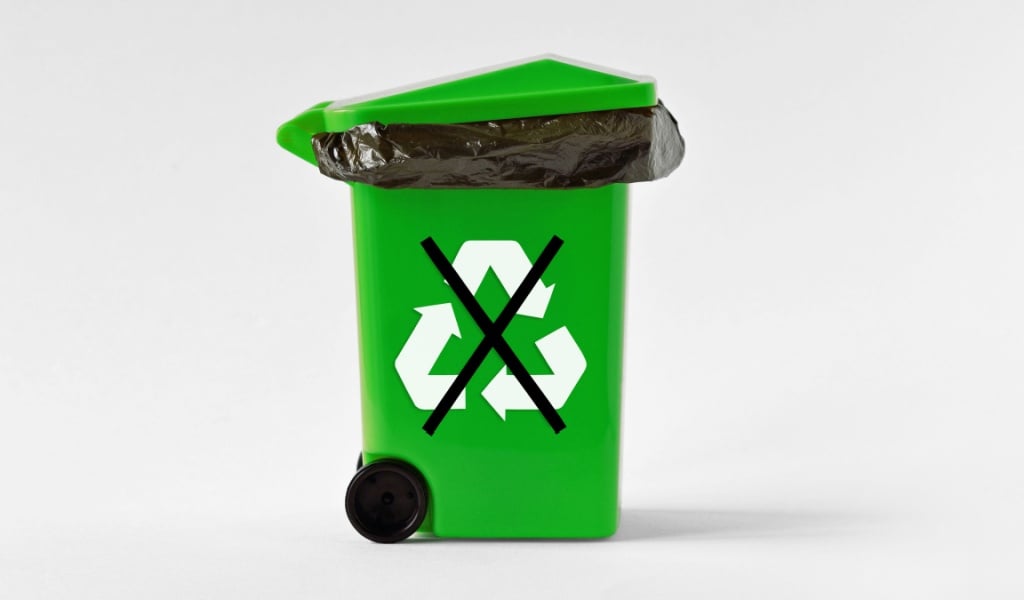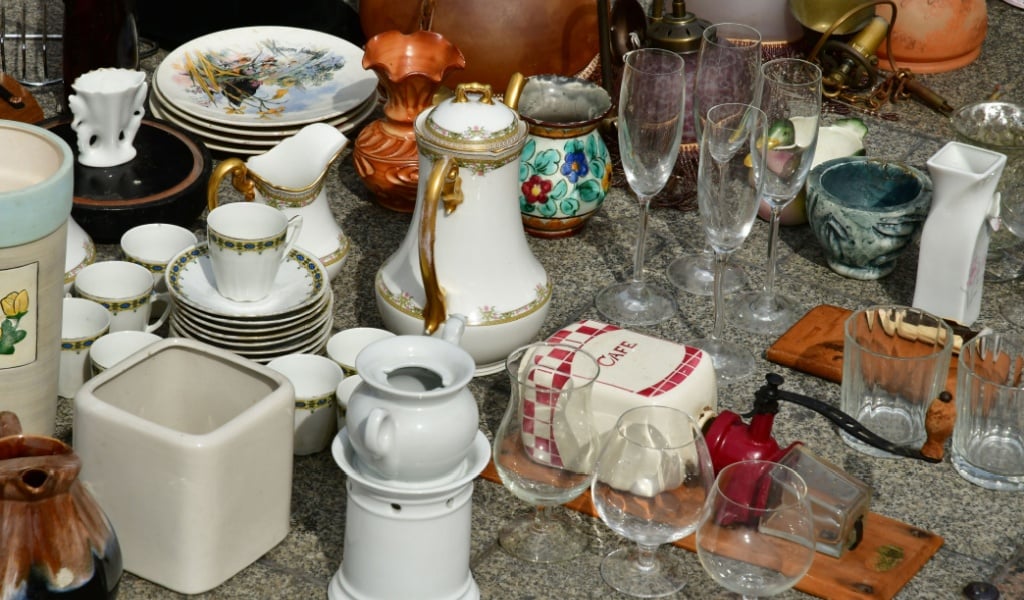Recycling is a necessary part of our economy because of its numerous benefits. Many studies have proven that recycling has improved the environment, and this has been a hot topic in everything from marketing to politics. Many of us deliberately separate the trash. However, as much as we would like it to be true, the assumption that everything you chuck into the bin can be recycled is just an illusion. Understanding what is not recyclable is just as important as knowing what is recyclable. This article covers everyday items that are not recyclable to help you identify what to avoid sorting into the recycling and teach you alternative disposal methods.

Greasy Cardboard Boxes
Cardboard boxes are recyclable, but if they are soaked or stained in grease or oil, they become a major contaminant, making them impossible to recycle. The oil prevents paper fibers from bonding, making them useless in the process.
Takeaway Coffee Cups
Many people think takeaway coffee cups are recyclable because they are typically made using paper. However, these cups are lined with a thin layer of plastic to prevent leaks or the collapse of the cup due to heat, making them difficult to process for recycling. Ideally, these coffee cups should go in the landfill bin.
Disposable Diapers
Diapers offer much convenience to busy parents, and you might feel reassured to see claims of them being recyclable on the packaging. However, waste contamination, the very purpose of a diaper, makes them non-recyclable. Therefore, it is no use to separate these in the waste bin.
It may not be practical for everyone to go old-school and use cloth diapers all the time, but parents can consider reducing the usage of disposable diapers by alternating them with cloth diapers and potty training their children as early as possible..
Plastic Food Containers
Yogurt tubs, butter containers, and juice bottles are usually manufactured using mixed plastics, so most recycling plants are unable to process them. The leftover residue from oil, grease, and other food particles can also contaminate the bottles and disqualify them from recycling. It’s always wise to check for the best way to dispose of them rather than throwing them into the trash can. Alternatively, you can think of alternative ways to use these containers creatively, such as using yogurt tubs to plant seeds or grow herbs.
Glasses, Crockery, and Mirrors
Not all glass can be recycled. Objects like household glassware, cookery, Pyrex, and mirrors are made using different materials or heat-resistant coatings. As a result, they melt at various temperatures, contaminating the recycling process.
Instead of tossing them in the recycle bin, donating glass jars and household dishes to charity shops or reusing them at home are much better ways to be environmentally friendly.

Shiny Candy Wrappers
The shiny, crinkly candy wrappers and chip bags we all love to eat out of are often made from mixed materials like plastic and metals, making them difficult to recycle. You’ve probably not given it much thought before throwing a used wrapper in the trash, but maybe you can help the environment with some extra effort. Some brands recently introduced take-back programs that accept and repurpose used wrappers.
Batteries and Other Electronics
Electronic waste usually contains hazardous materials that can harm the environment, especially when disposed of improperly. The best way to get rid of electronic waste is to collect it and send it to an electronic waste recycling center.
Bubble Wrap
Who doesn’t love playing with bubble wrap? While they are quite satisfying to pop, you should know that bubble wrap is not recyclable as it can get tangled in recycling machines. In addition, bubble wrap is so light in weight that it can easily fly into the oceans and cause harm to marine life.
Hangers Wired or Plastic
The hangers we use to stack our clothes are very tricky—they don’t fit the standard recycling procedure, and they get tangled in the machine when they are used. Since they can’t really be recycled, the best alternative is to reuse them at home or give them to dry cleaners or thrift stores.
Wet or Soiled Papers
We all know paper is recyclable. However, once they get wet or dirty, paper products no longer meet the criteria for recycling. Depending on the material, used napkins, paper towels, and tissues must go directly into the compost or trash.
Conclusion
When it comes to caring about the environment, it’s not just about recycling; it’s about making smart choices at every step. By avoiding non-recyclable items and choosing reusable or compostable options, we can help keep our waste system much cleaner and more efficient.
You may think you can’t make a difference as an individual, but even a small change in your daily habits can significantly reduce waste and protect the planet.
So next time you throw something in the recycling bin, take a moment to check if it really belongs there. Recycling correctly and wisely is better than recycling more!



